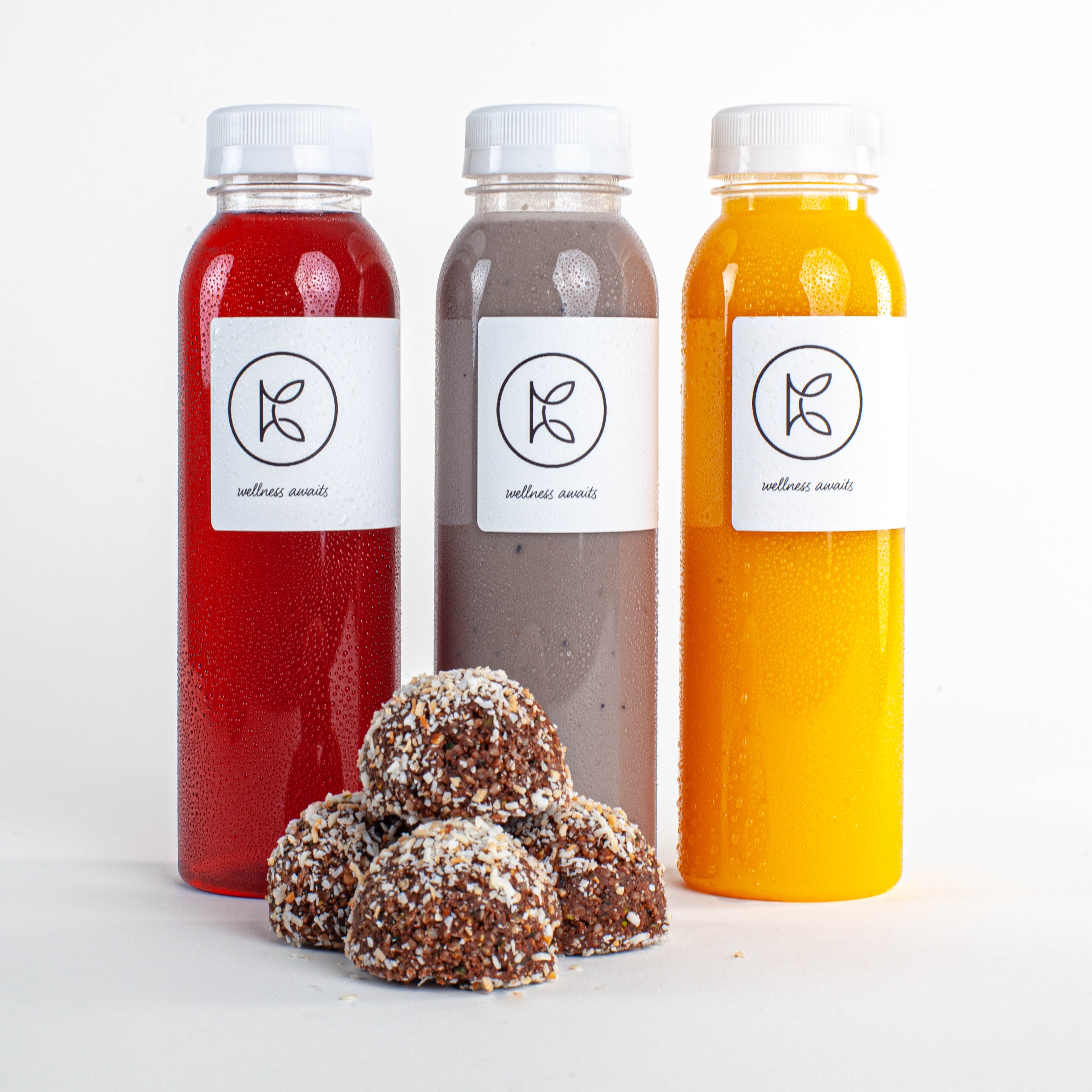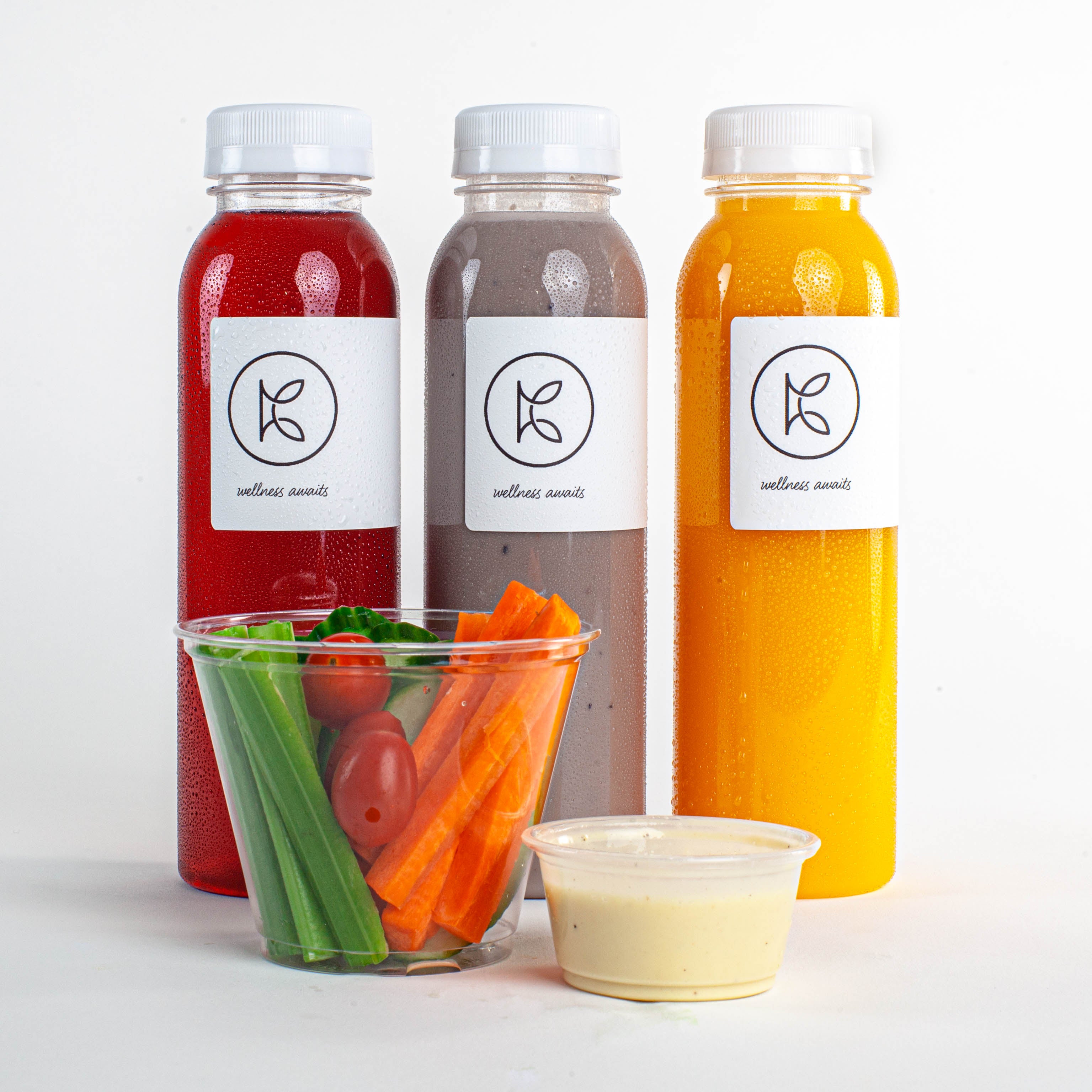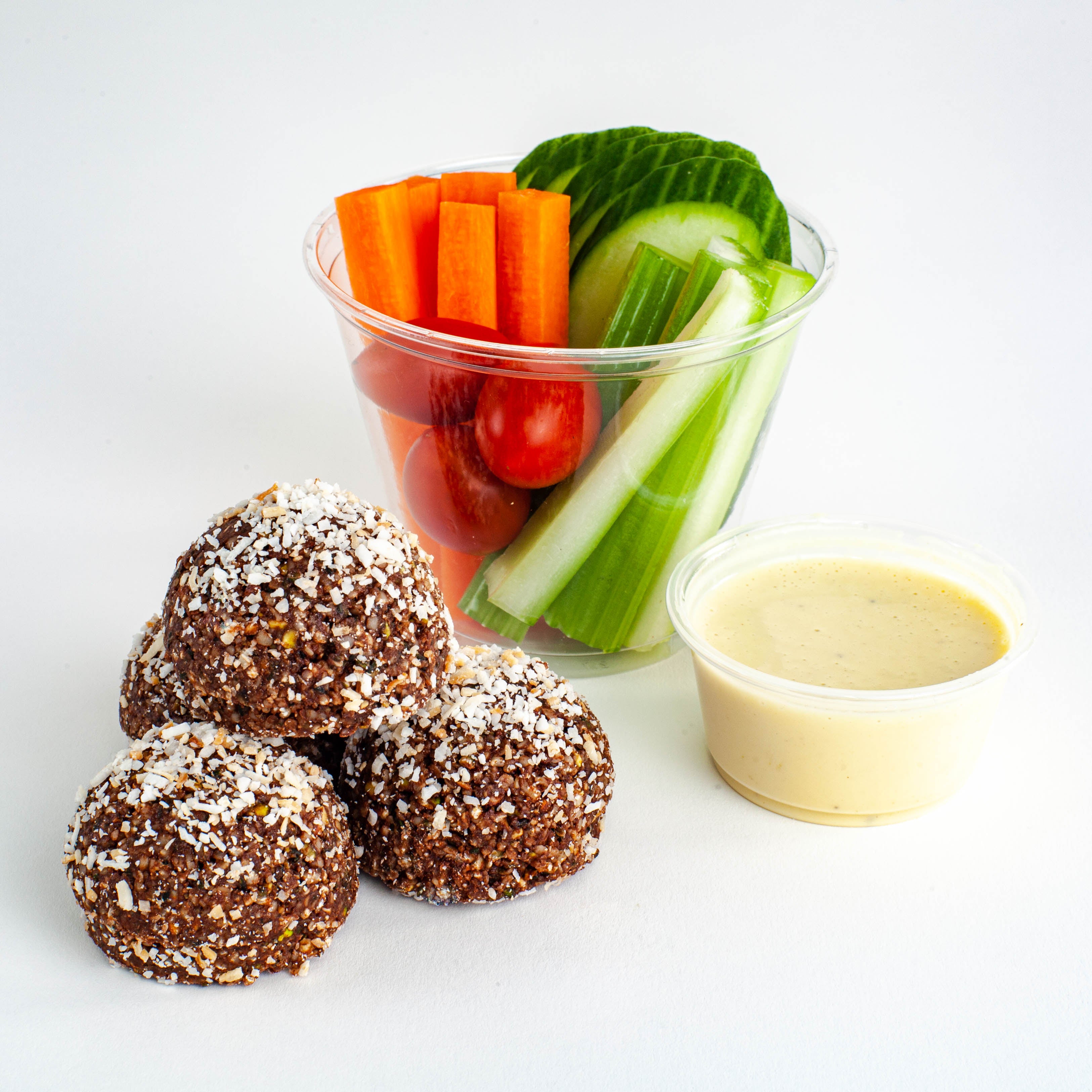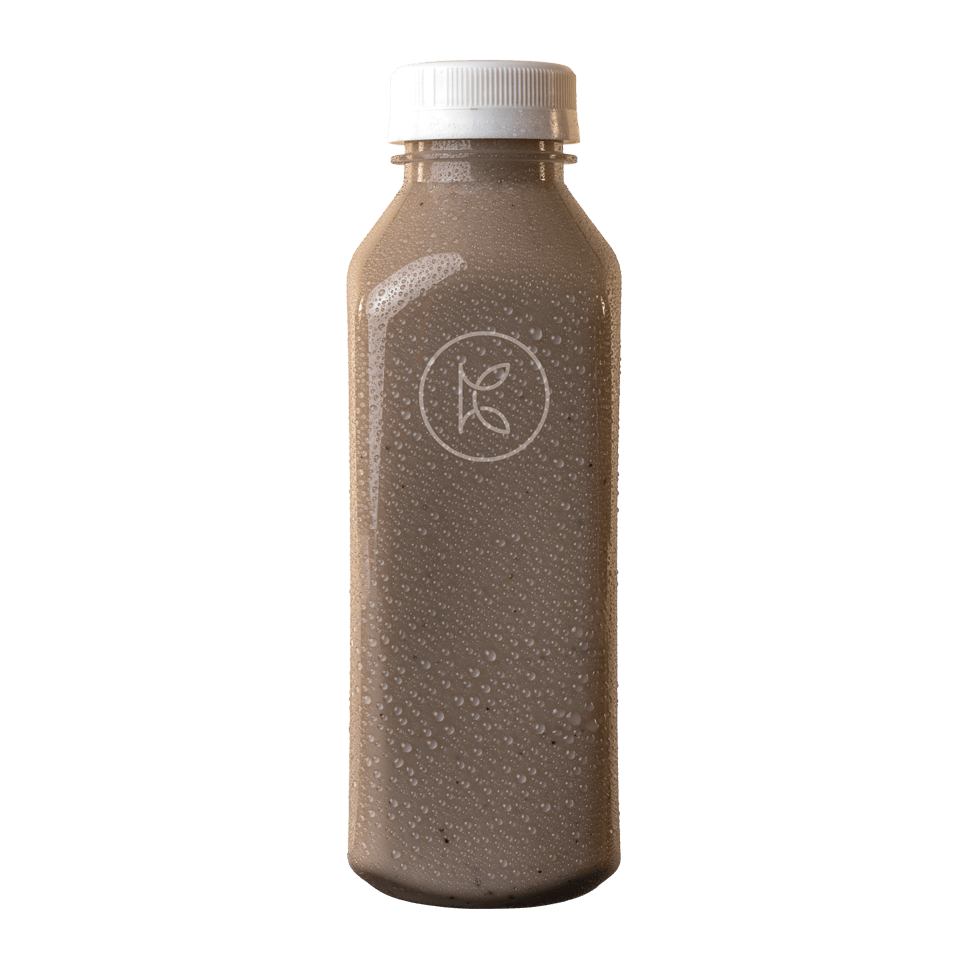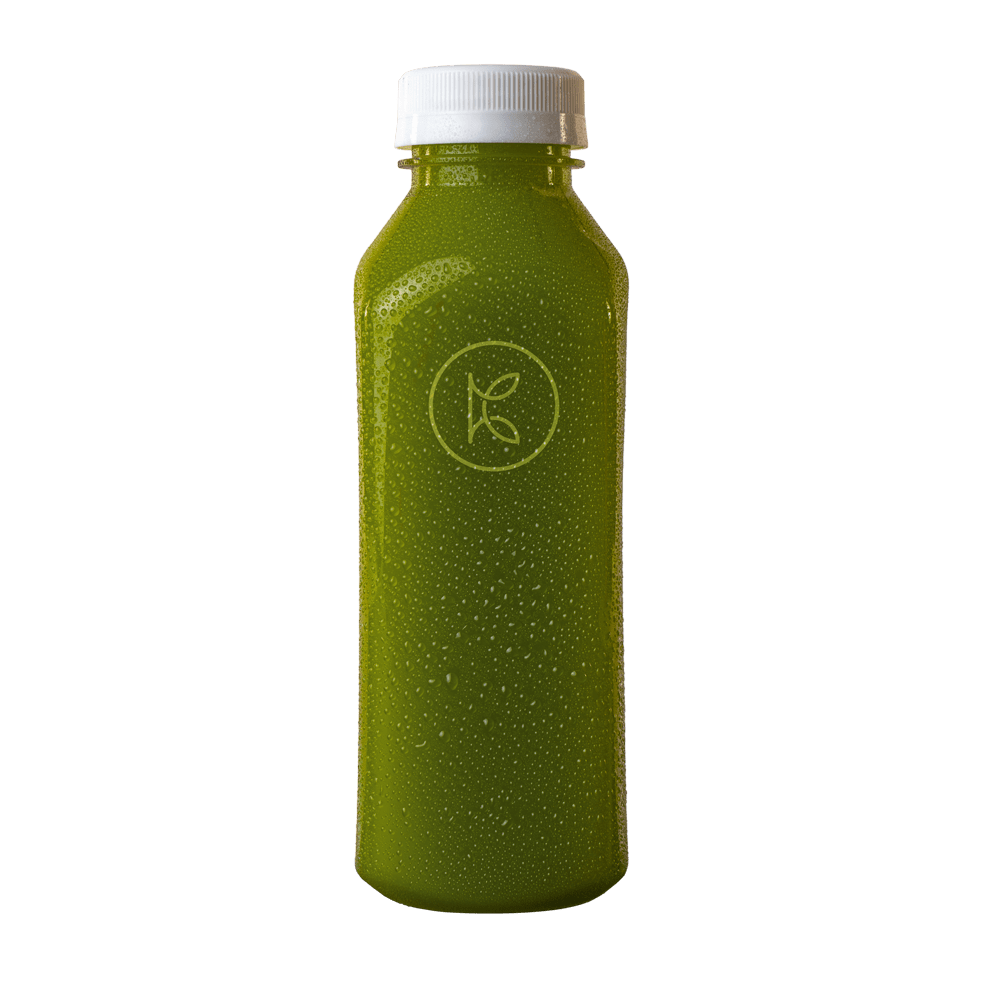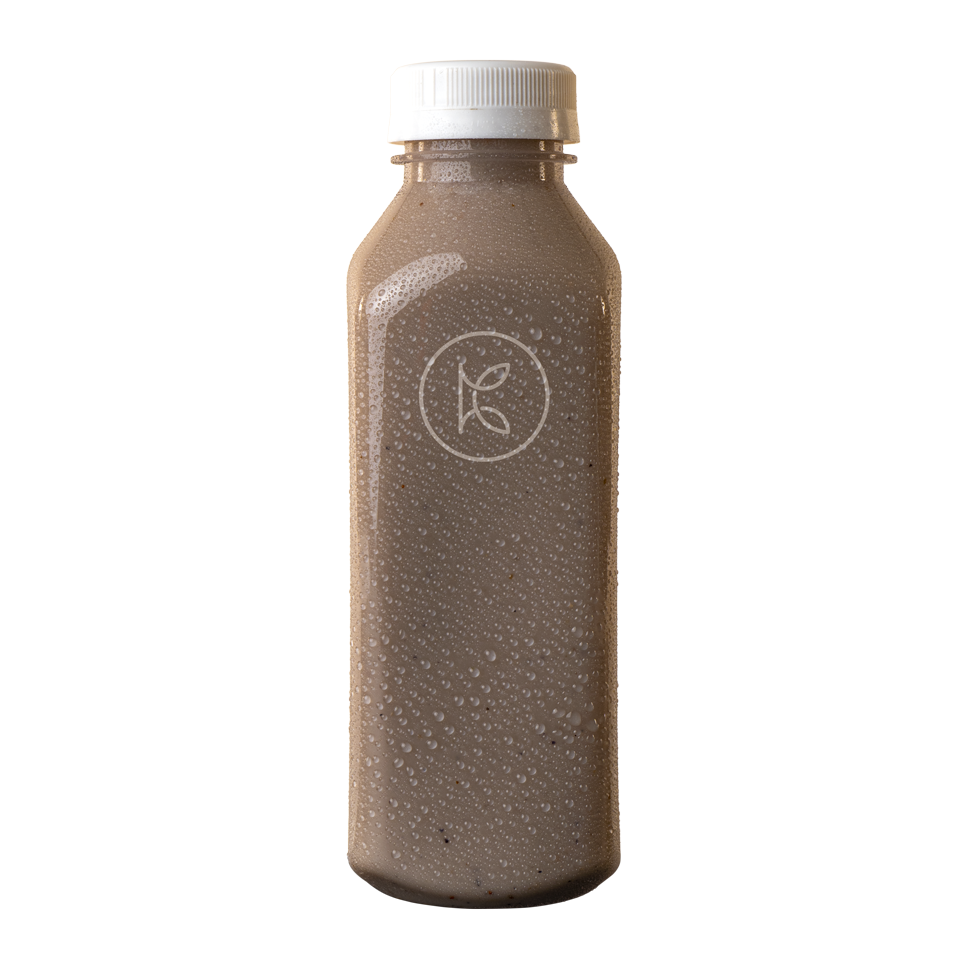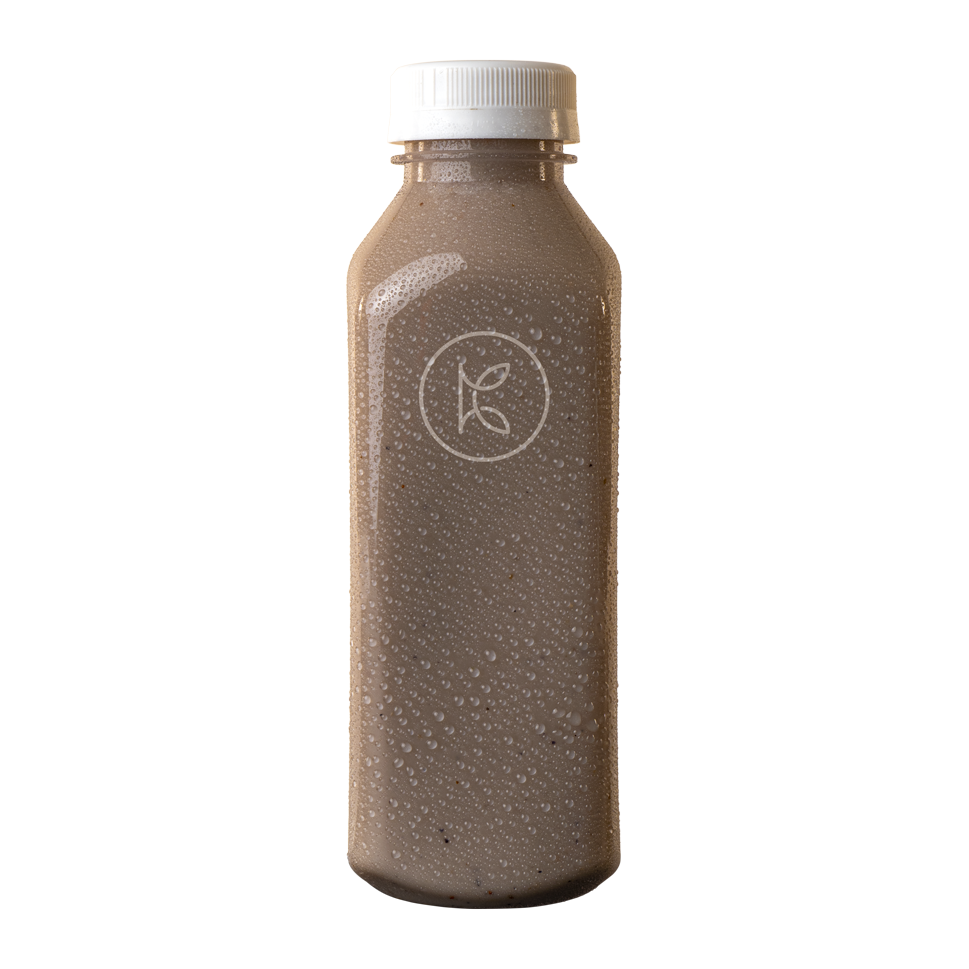The Kooshi Life

Signature Meal Plan: Everything You Need to Kno...
How many times have you bought groceries with every intention of cooking, only to let half of them wilt in the fridge? Or told yourself you’d meal prep Sunday, but...
Signature Meal Plan: Everything You Need to Kno...
How many times have you bought groceries with every intention of cooking, only to let half of them wilt in the fridge? Or told yourself you’d meal prep Sunday, but...

Mediterranean Diet: Pros, Cons & Tips from Koos...
You’re at a sun-washed table with grilled fish, roasted veggies, warm bread, and a drizzle of olive oil. It feels like a vacation meal, but it could just as easily...
Mediterranean Diet: Pros, Cons & Tips from Koos...
You’re at a sun-washed table with grilled fish, roasted veggies, warm bread, and a drizzle of olive oil. It feels like a vacation meal, but it could just as easily...

What Is the Keto Diet? A Complete Beginner’s Guide
Thinking about trying keto but not totally sure what you’re signing up for? Well, don't worry, because you’re not alone. With all the buzz around low-carb living, high-fat everything, and...
What Is the Keto Diet? A Complete Beginner’s Guide
Thinking about trying keto but not totally sure what you’re signing up for? Well, don't worry, because you’re not alone. With all the buzz around low-carb living, high-fat everything, and...

Top 10 Benefits of a Vegetarian Diet for Health...
Have you ever felt like something is wrong with your energy, your skin is not glowing enough, or your meals are just...meh? Maybe your body’s trying to drop a hint...
Top 10 Benefits of a Vegetarian Diet for Health...
Have you ever felt like something is wrong with your energy, your skin is not glowing enough, or your meals are just...meh? Maybe your body’s trying to drop a hint...

7-Day Mediterranean Meal Plan: Healthy & Easy R...
If you’re stuck in a food rut, tired of takeout, or trying to eat healthier without going full-on rabbit-food mode, this one’s for you. Eating pescatarian means you can enjoy...
7-Day Mediterranean Meal Plan: Healthy & Easy R...
If you’re stuck in a food rut, tired of takeout, or trying to eat healthier without going full-on rabbit-food mode, this one’s for you. Eating pescatarian means you can enjoy...

Keto Meal Plan: Easy 7-Day Keto Diet Plan for B...
Starting a new way of eating doesn’t have to mean flipping your whole life upside down. If you’ve been eyeing the ketogenic diet but feel a little lost on where...
Keto Meal Plan: Easy 7-Day Keto Diet Plan for B...
Starting a new way of eating doesn’t have to mean flipping your whole life upside down. If you’ve been eyeing the ketogenic diet but feel a little lost on where...
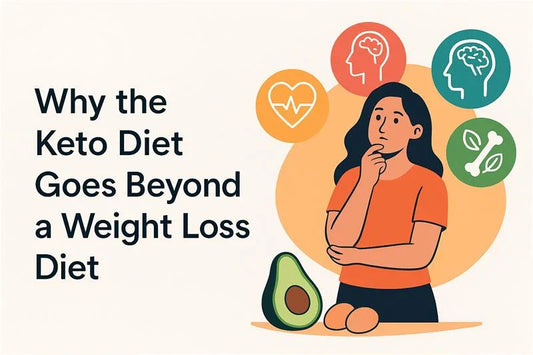
Why the Keto Diet Goes Beyond a Weight Loss Diet
When most people think of the keto diet, they picture rapid weight loss with a pile of bacon. And sure, thinking you should load up on bacon makes sense, since...
Why the Keto Diet Goes Beyond a Weight Loss Diet
When most people think of the keto diet, they picture rapid weight loss with a pile of bacon. And sure, thinking you should load up on bacon makes sense, since...
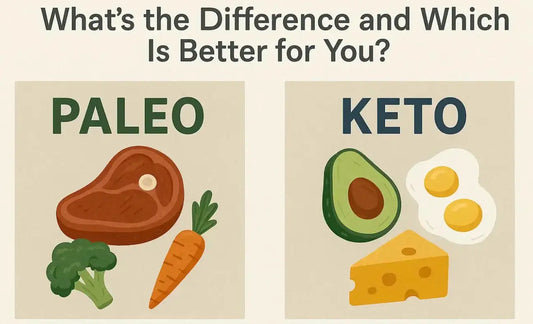
Paleo vs. Keto: What’s the Difference and Which...
Have you ever found yourself deep in the land of “eat this, not that?” Or, maybe you're trying to figure out whether you should try a specific nutrition plan, such...
Paleo vs. Keto: What’s the Difference and Which...
Have you ever found yourself deep in the land of “eat this, not that?” Or, maybe you're trying to figure out whether you should try a specific nutrition plan, such...

7 Signs You Might Benefit from a Detox Meal Plan
Feeling Off Lately? Here’s What Your Body Might Be Trying to Say You’re getting sleep, but still dragging. Your jeans feel snug from unexplained weight gain, even though you swear...
7 Signs You Might Benefit from a Detox Meal Plan
Feeling Off Lately? Here’s What Your Body Might Be Trying to Say You’re getting sleep, but still dragging. Your jeans feel snug from unexplained weight gain, even though you swear...
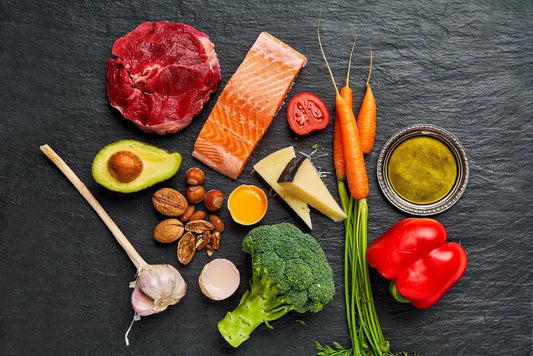
Top Health Benefits of Eating Gluten-Free Meals
At one point, going gluten-free was something only celebrities or niche health blogs talked about. Now it’s showing up on menus, in grocery aisles, and in everyday conversations. What changed?...
Top Health Benefits of Eating Gluten-Free Meals
At one point, going gluten-free was something only celebrities or niche health blogs talked about. Now it’s showing up on menus, in grocery aisles, and in everyday conversations. What changed?...


